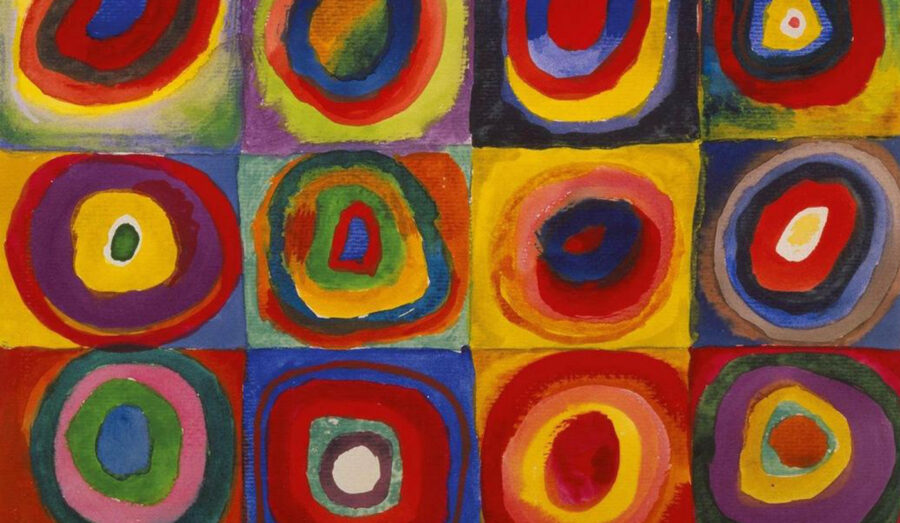A few weeks ago, I had the privilege of attending our church’s Global Church Conference, which was an opportunity for us to hear from the majority world. We had speakers from Egypt (Anne Zaki), Guatemala (Pablo Villeda), and the Philippines (Athena Gorospe). One session of the conference was a “question and answer” segment, where attendees had the opportunity to ask each speaker personal questions as well as follow up on things they had said throughout the conference. The final question asked was “how we could pray for you” and I was struck by Anne Zaki’s response, who asked that we pray that the people of Egypt could begin to dream again.
She talked about how the tension and strife of the last few years since the Arab Spring had left the people struggling to make sense of their nation and themselves. In the turmoil of the area, including the events in Syria and Iraq, the people had become more focused on the reality of the matters at hand. She noted that it was good for the people to be present to reality, but that they needed to dream once again, as individuals and as a nation. She saw their ability to begin dreaming once again as integral to their future as a nation. Failure to dream might result in a failure to truly move into the future. Without a collective dream, the pain and struggle of the current situation might crowd out their vision, blocking them from truly seeing what God hopes and intends for them. What a beautiful prayer for her nation.
We’re going through Mark with our students at church and we’ve just read through 3 or 4 stories of Jesus coming into conflict with the scribes and Pharisees. I especially love the story of Jesus healing the man with a crippled hand on the Sabbath. The question he poses to them – “Is it lawful on the Sabbath to do good or to do harm, to save life or kill?” – is a powerful question that presumes an answer. It’s for good! It’s for saving life!
And yet the Pharisees remain silent, too committed to their own reality of how the Sabbath operates to see what God was actually doing in their midst. I wonder if the Pharisees failure to truly see God’s work in their midst resulted from a failure to dream, to look into the future and imagine what God might do? I wonder if their commitment to their own rules and understandings of how God’s law worked was not the root cause of their hardness of heart, but rather the result of their failure to hope and dream?
I know the text doesn’t actually invite these questions, but I can’t help but wonder. It seems to me that when we let reality dominate our vision, when we let “reasonable expectations” be the reigning factor in our life with God, we end up being comfortable, but we possibly miss out on the “immeasurably more” that God continually invites us into.
A few years ago, in a conversation about how God breaks our neat boxes, a friend told me that maybe his infiniteness was a box that couldn’t contain him. I told him he was stupid and that it was a logical fallacy. He told me that I was stupid. So we moved on.
I wonder if he was onto something and my inability to dream outside the box prevented me from being encountered by a God who was beyond comprehension. Maybe God was inviting me into a deeper understanding of himself, but my failure to see past reality prevented me from encountering God in a new way. If my failure to dream resulted in my missing a new experience of God’s majesty, what else have I missed in the absence of dreaming?
And for all who happen to read this. When was the last time you dreamed? Maybe it’s time to step out under a starry night sky, get lost in the darkness, and dream.





1 Comment
Leave your reply.